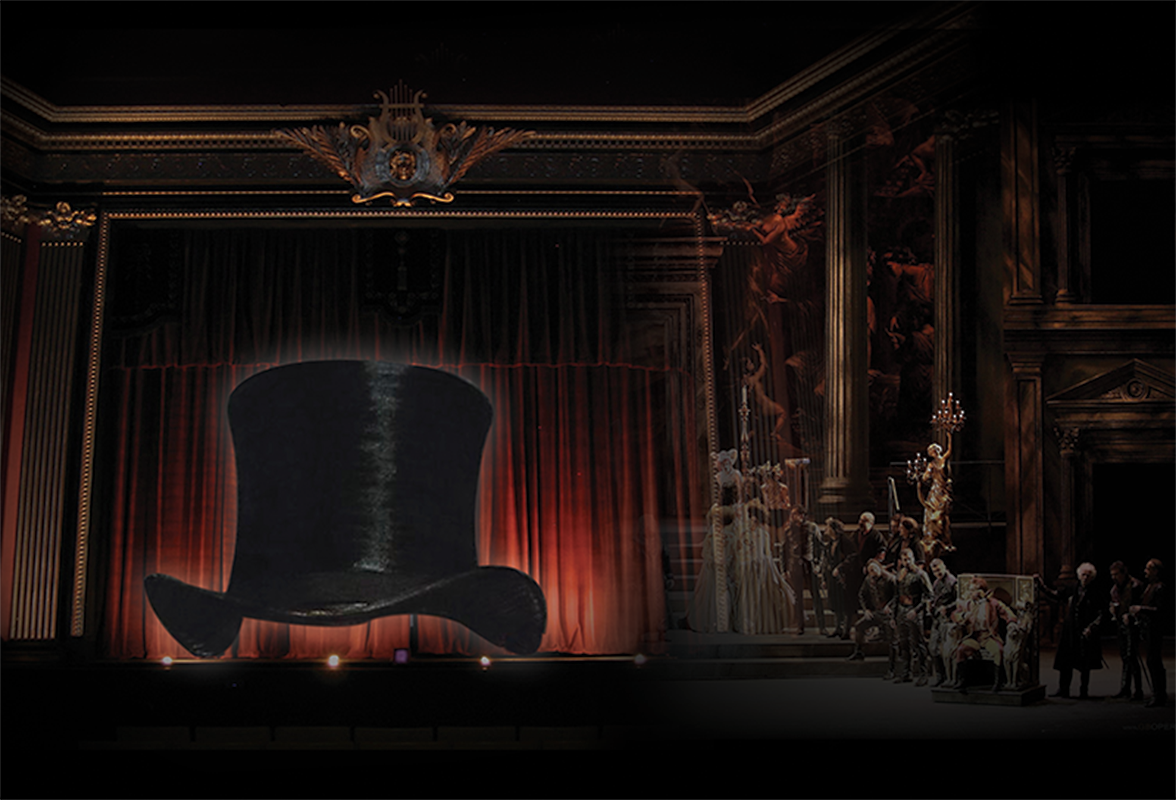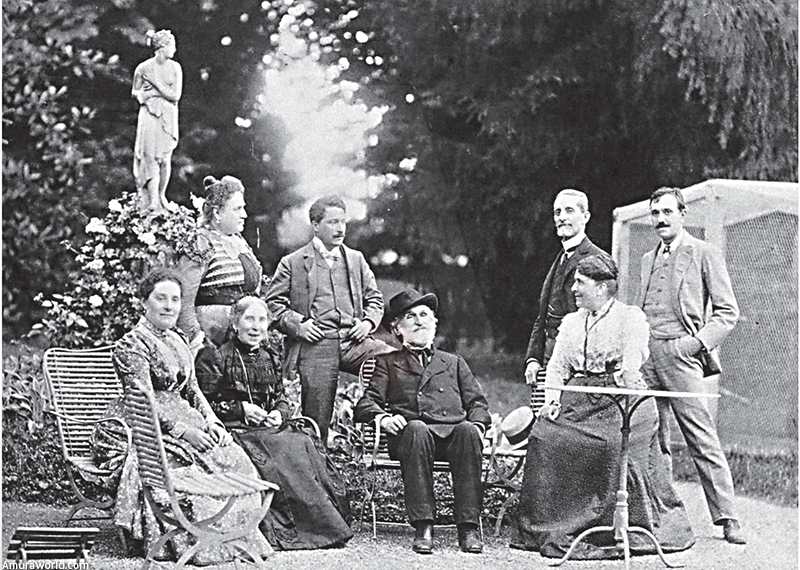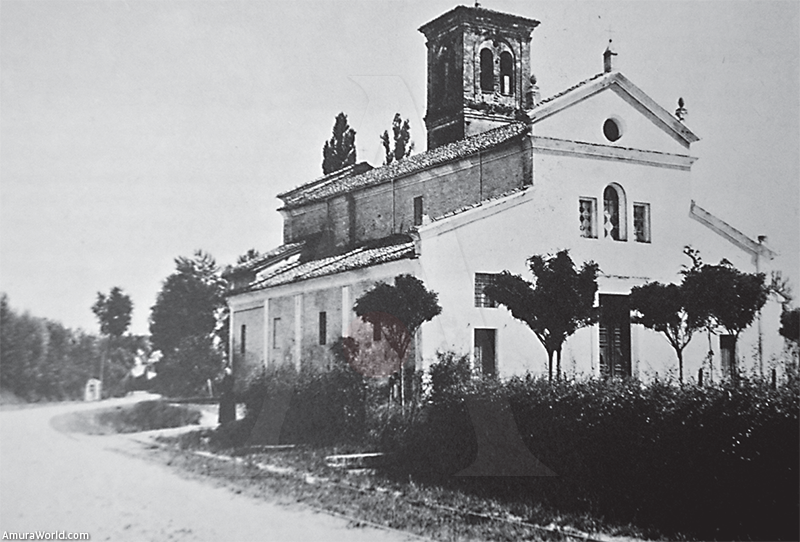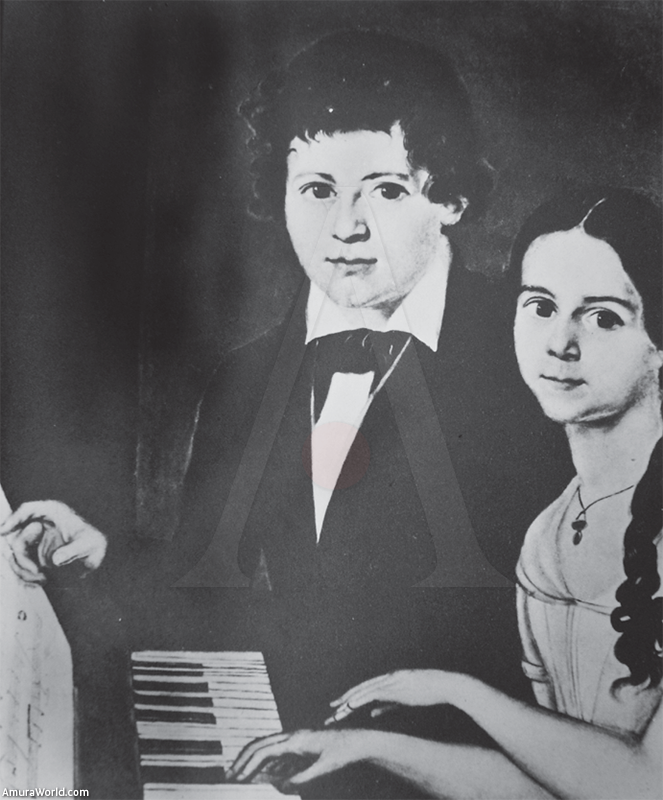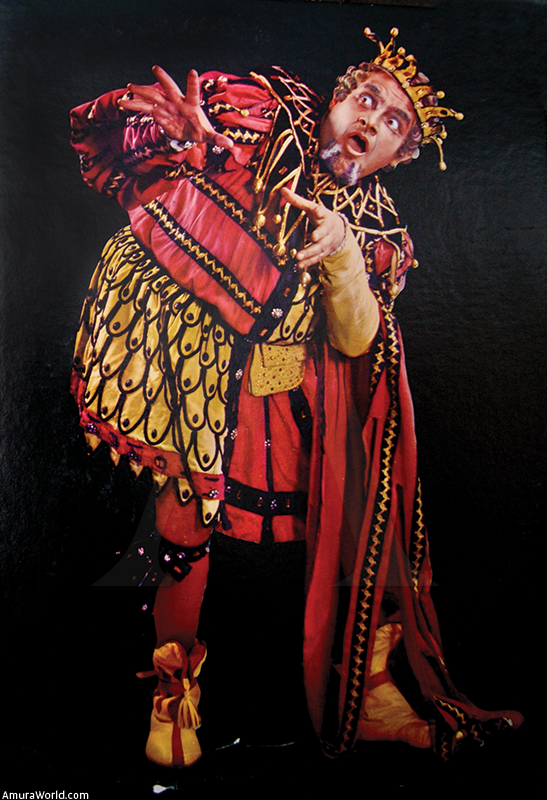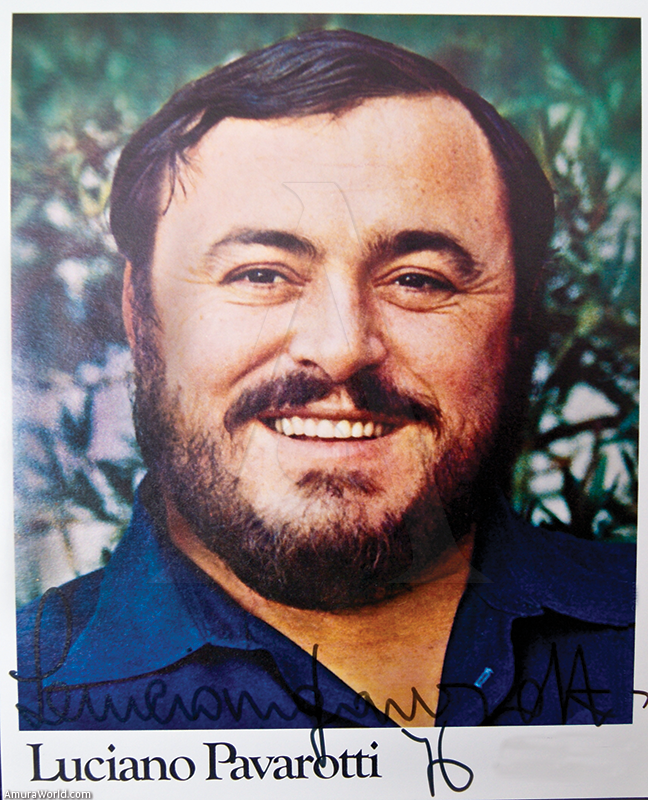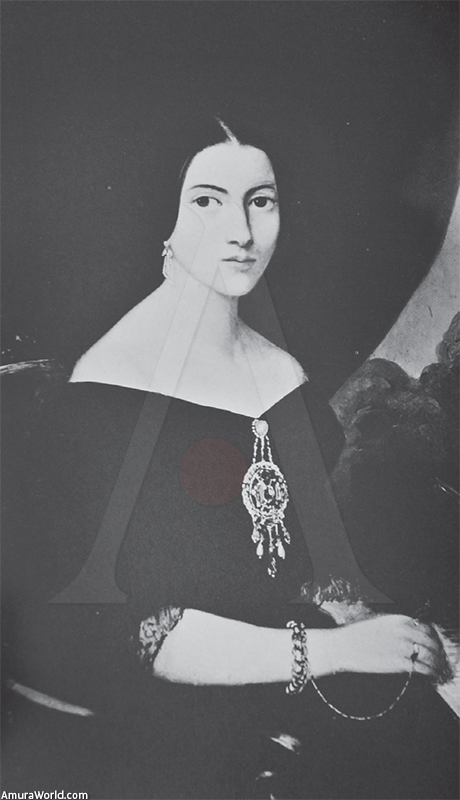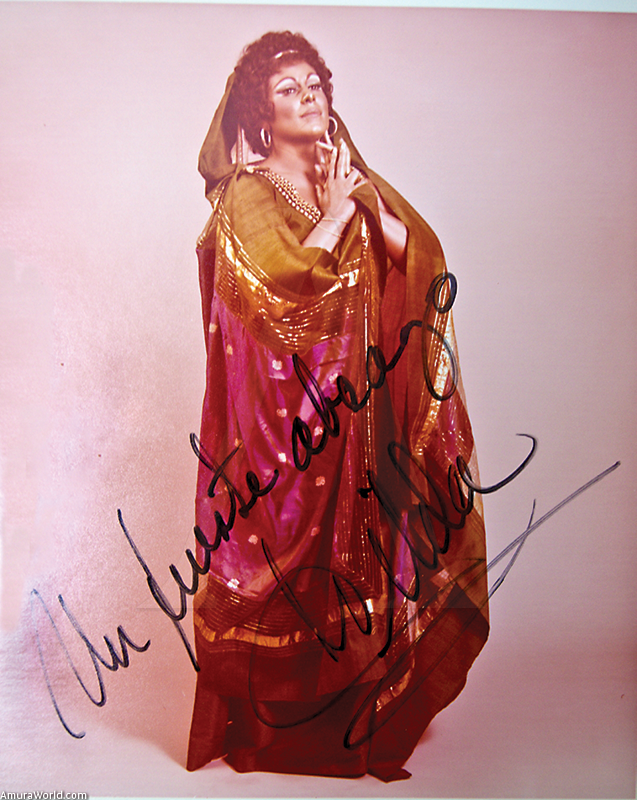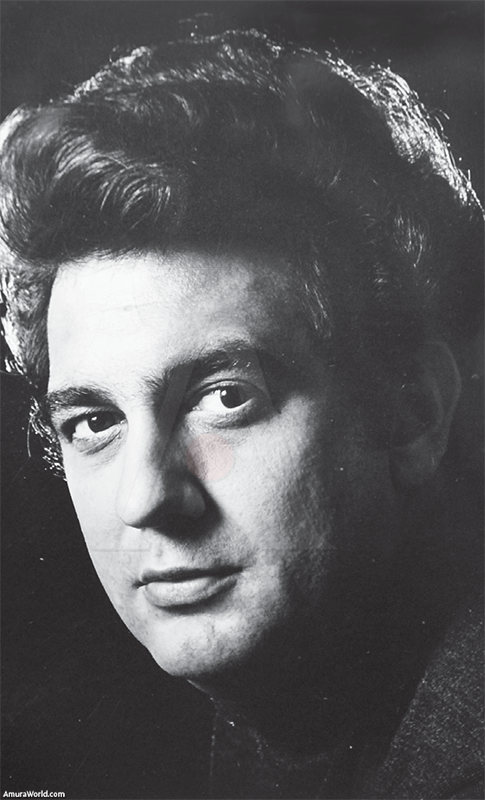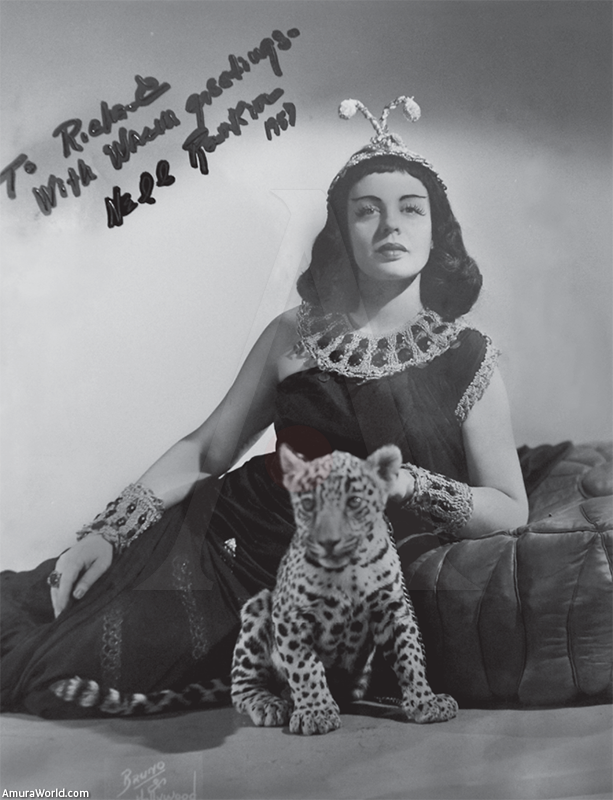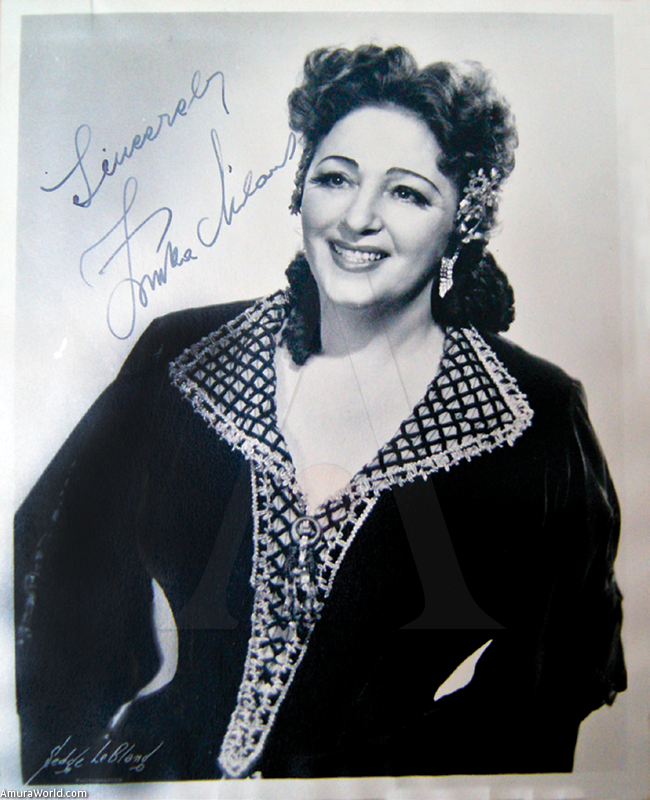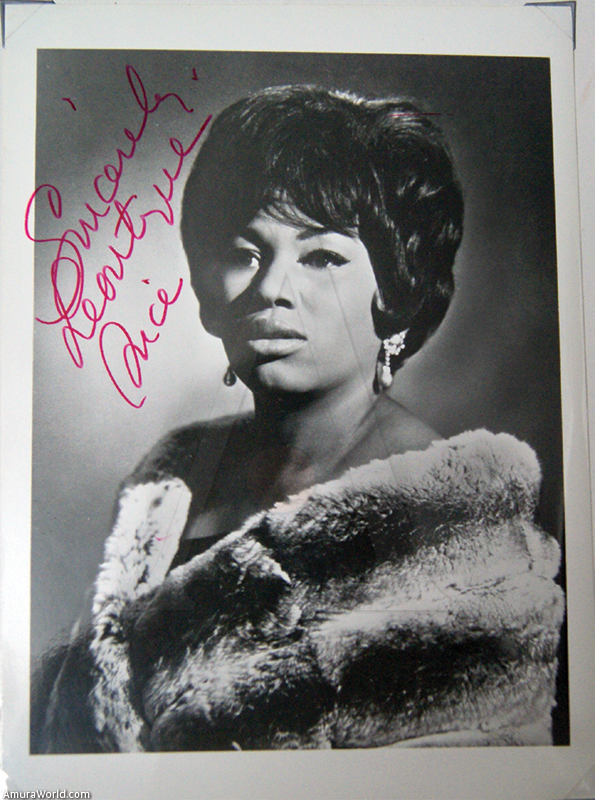Giuseppe Verdi was born on october 10, 1813 at La Roncole, Busseto, in the Old Duchy of Parma. His father Carlo managed an inn. His childhood was uneventful. It seemed that nothing important was going to occur in his life, but one day he met Antonio Barezzi, ,who bécame his patrón and who loved music. And it was Barezzi who gave Young Verdi his first lessons opening a new vocation. For awhile Verdi workedAt Berezzi’s convenience store, helped run the business and improved his musical knowledge. He played piano duets with Margherita, Barezzi’s daughter, who would later become his first wife.
Barezzi not only discovered Verdi’s talent but was overwhelmed by it. He appealed to the charity institutions and prívate benefactors. He knew that studies at the Milan Conservatory would be expensive and arrived there in 1832. Nevertheless, the directors of the Conservatorry refused to accept this unkempt Young man: he was not of the correct age to be enrolled and they did not like the way he played the piano. Despite how much the Conservatory has been criticized for this rash decisión, it is very posible that they were right. Verdi had niot yet proved his genius……and was never a good pianist. Rossini made fun of him when greeting him years later with the phrase: “Maestro Verdi,pianist of the fifth catagory”.
Giuseppe ws forced to study with Lavigna, whose lessons were inferior to those of the Conservatory. They proved very useful, and nobody can deny their importance in the developement of the composer. Verdi then returned to Busseto, married Margherita and lived in his home town for three years. His activties combined music with politics, two vocations he never. gave up. In 1838 the Young couple moved to Milan.
Barezzi not only discovered Verdi’s talent but was overwhelmed by it. He appealed to the charity institutions and prívate benefactors. He knew that studies at the Milan Conservatory would be expensive and arrived there in 1832. Nevertheless, the directors of the Conservatorry refused to accept this unkempt Young man: he was not of the correct age to be enrolled and they did not like the way he played the piano. Despite how much the Conservatory has been criticized for this rash decisión, it is very posible that they were right. Verdi had niot yet proved his genius……and was never a good pianist. Rossini made fun of him when greeting him years later with the phrase: “Maestro Verdi,pianist of the fifth catagory”.
Giuseppe ws forced to study with Lavigna, whose lessons were inferior to those of the Conservatory. They proved very useful, and nobody can deny their importance in the developement of the composer. Verdi then returned to Busseto, married Margherita and lived in his home town for three years. His activties combined music with politics, two vocations he never. gave up. In 1838 the Young couple moved to Milan.
The following year his first opera Oberto, Conte di San Bonifacio was premiered. Its sucess was sufficient fot ehe authorities of La Scala to show interest. All was going well and nevertheless, this was one of the moments in which tragedy struck as if it were the central carácter of a terrible play . His daughter Virginia died eactly when they left Busseto, their Little son Icilio would follow in a year and in 1840 while writing the comic opera Un Giornio di Regno (King for a Day), Margherita died. We will never know the causes of these deaths for Biographers only mention “maladies without diagnosis”. Verde fell into a complete depression and pessimism. He swore never to write anopther opera. Everything that he loved was gone. The premiere of Un Giorno di Regno was a fiasco and Verdi was also bankrupt.
The kindness and cunning of of Bartolomeo Meredlli, Impresario of La Scala were decisive. He asked Verdi for an opinión of the libretto for Nabucco, as operistic material. Without much interest he took it home and threw it on his desk. It landed open and the composer read the first lines……..and he started tocompose.. Hope had returned and the premiere at La Scala was a resounding sucess. He bécame the most distinguised young composer of his generation and left the bitterness of his past behind. Nabucco communicates the desire for liberty and the italians identified with the suffering of the enslaved jews. Verdi was in favor of Independence and the choral writing is proof of this. I Lombardi alla Prima Crocciata followed along with Ernani, Attila, and even Macbeth that served as a pretext to lift their voices against the Austrian domination.
His style changes with Luisa Miller, based on Schiller which narrates romantic intrigue. With Rigoletto he creates the most intense carácter of all his compositions. Crude and brutal,it encloses unforgettable melodies where he delivers glorious lyricism. Il Trovatore is base on a ludicrousplay by García Gutierrez. It includes intrigue, Fratricide, people burned at the stake, revenge, etc. All this is wrapped into glorious melodies and starring vehicles for four great singers.
It becme opular from the very first perfoamance and this has not changed. His fame took him to international attention. Paris comissioned I Vespri Siciliani (The Siciolian Vespers, originally in french). This was for its World Fair. Verdi hated travel. Araound this time he bought a property outside Buseseto. He would rest here, work the land and raise horses. He composes Simon Boccanegra, his darkest and most personal opera.
He had constant problemas with censorship. His sincerity and political inclinations did not help. While writing Un Ballo in Maschera, the problem reaches a head. A story that directly attacks morality of a Monarch, in this case Gustavus III of Sweden. was unacceptable. Action was moved from Sweden to Boston and the Regent becomes Riccardo. The opera encloses magnificent vocal writing and chorsal scenes. Verdi grows greater with each composition.
In the following years the ar with Austria bécame Verdi’s No. 1 preocupation. His political activities occupuied all his time. But war, agricultura and politics had to be put aside when he received a comisión to write an opera for St. Petersburg. La Forza del destino was born and premiered with more respect than enthusiasm despite some of the most beautiful arias he ever wrote. Don Carlo followed for thie Paris Opera base don the ideas of Schiller. It is a grand opera in every sense. Spectacle is primry but Verdi entwines this with psychological situations and great characters. All this during the horrible reign of Philip II within the Holy Inquisition. It is a great masterpiece and possibly his masterwork.
Four years later he continues within the genre, now with Aïda, written for the Khedive of Egypt who wished to have it performed to coincide with the opening of the Suez canal. It wasn’t until the composer read the libretto de Mariette Bey that he fell in love with the characters. He was 56 years old but still hated travel. Giusepping Strepponi, his partner foro ver 20 years and wife since 1859 had to intercede. A magnificent bouquet of music opened its petals. The human conflicts are handled superbly and the work encloses charal scenes and a new orquestation that are irresistable. His next masterwrok was a Requiem Mass in honor of Alessandro Manzioni, autor of the famous novel I Promessi Sposi(The Betrothed). It has the seal of the theater althoyugh one feels the sincerity that never left to composer. Of the Judgement Day is not stronger than Verdi’s visión, we will be disappointed.
Everything indicated his retirement. He was depressed and tired. He abominated Wagner, who fascinated the new generation and was kept bust by his farm. An important encounter with Arrigo Boito, a composer of value and autor of Mefistofele. Boito had a literary capacity far greater than any of those trhat has worked with Verdi. They prepared a versión of Shakespeare’s Othello. Boito’s contribution is as important as Verdi’s music.
The results were worthy of Shakespeare. It bécame a passionate testimony of a viril man of only 70 years old. Its was still harder to convince him to write Falstaff, his most comoplete comic opera. Boito’s luibretto is a masterwork and falñstaff is a miracle of perfection, brilliance and joie d vivre. This jewel of an opera is usually discovered by opera fans after covering the whole output. Its premiere at La Scala en 1893 was memorable. Verdi still had time to compose an Epilogue, the Four Sacred Pieces, a homage to Palestrina. The beggining of the end came with the death of Giuseppina in 1897. She gave Verdi support and understanding. She had been a famous Singer and participated in many Works by her husband. It was basically a happy marriage although there wer tense moments. When Peppina died Verdi handled his grief with dignity buy never recovered fully. Four years later he die don january 22, 1901. His testament is like a miroir of his spirit. , full of his ideals, samples of theintegrity of a nioble life. As a tribute to Peppina he founded a rest home for musicians in Milan, where the needed cound spend a dignified old age withut economic worries. In the home, Giuseppe and Peppina rest eternally.
Text: Ricardo Rondón ± Photo: Artribune / Aeropuerto / Internacional Bao' en Shenzhen

